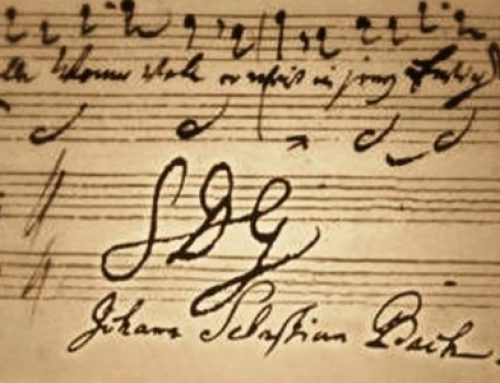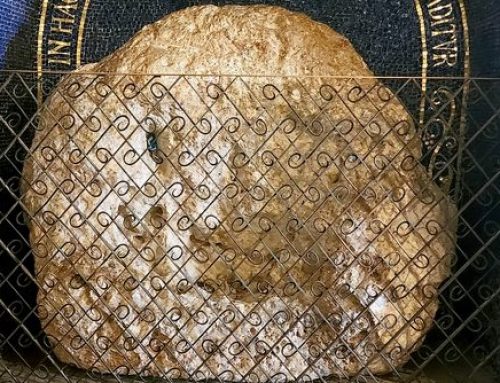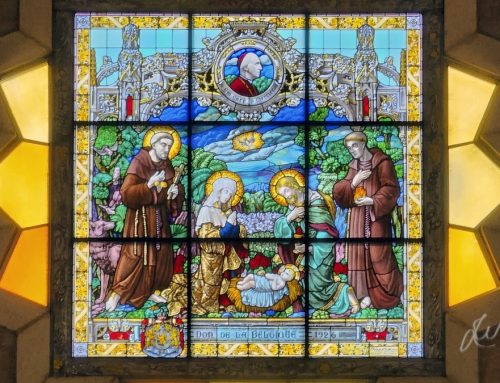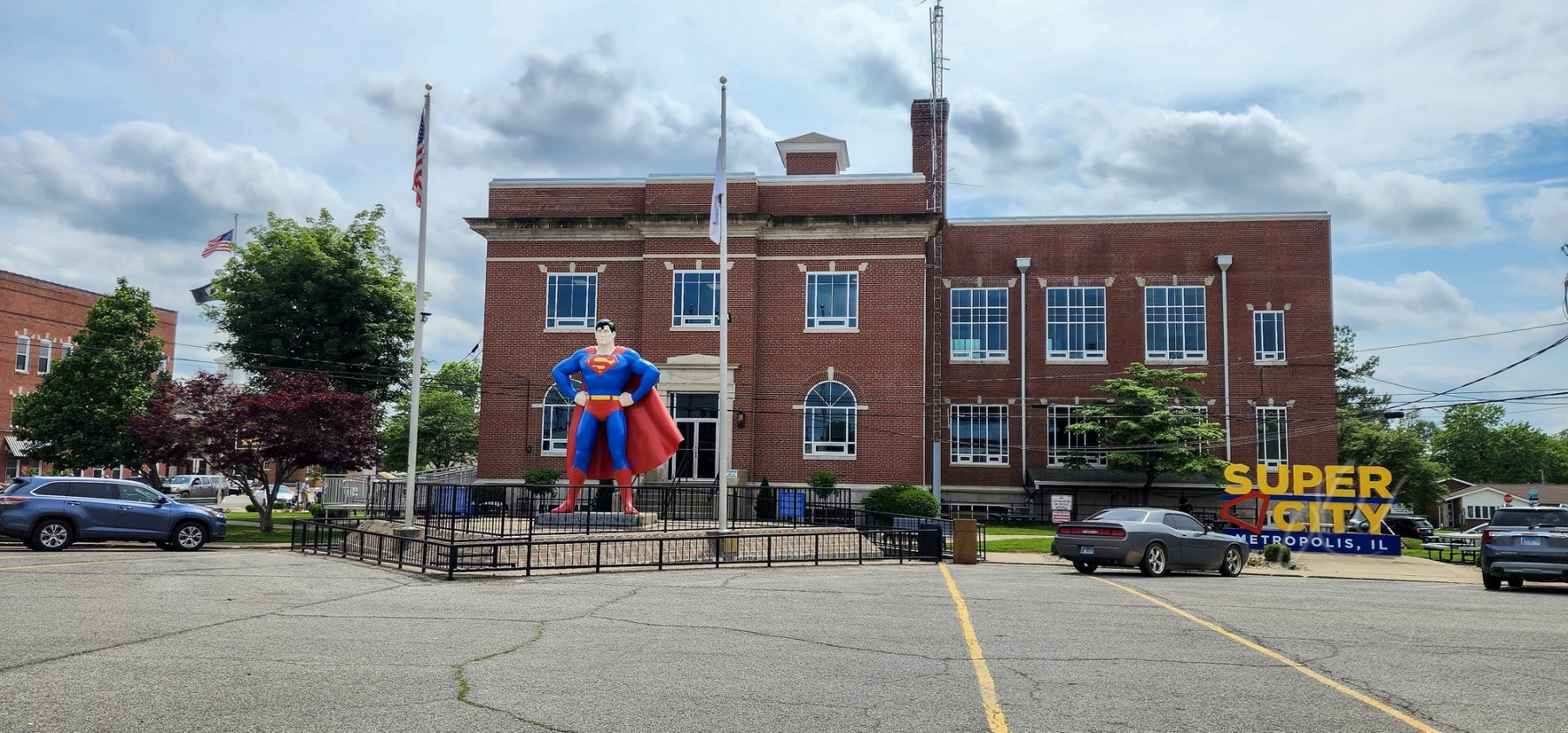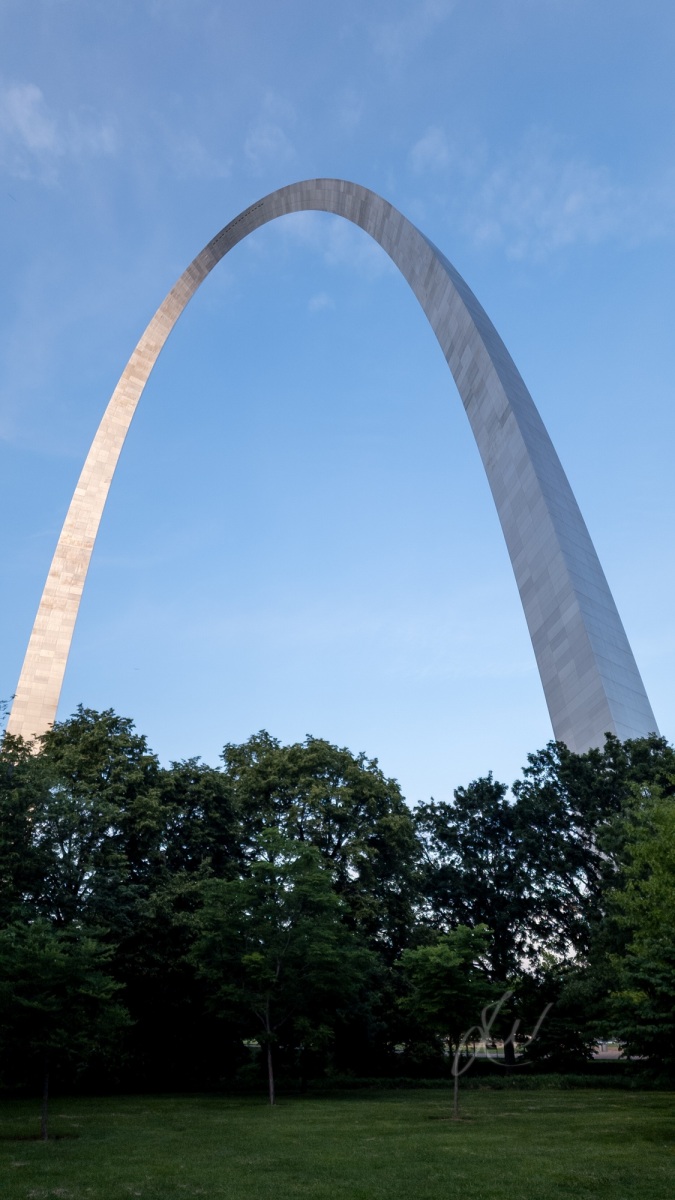Our cross to bear…
What does it mean to bear one’s cross? I had this idea pop into my mind while studying the book of Isaiah over the last few weeks. In Christianity, the phrase “cross to bear” refers to the cost of following Jesus and putting God’s will before one’s own.
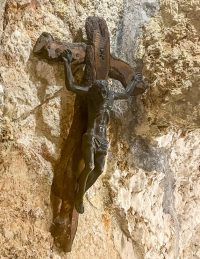
Israel 2023 – Bethlehem: Church of St Catherine
This cross is from the Church of St Catherine, in the grotto known as St. Jerome’s Cave where he spent ~30 yrs translating various scriptures from the original Hebrew and Greek into Latin, completed in A.D. 405. The cross symbolizes a lot of different things for people: Death, Forgiveness, Liberation, Resistance, and Sacrifice. Rome used the cross to control the people and remind them what would happen if they did not obey Rome. It was public as well as brutal, slow and agonizing – taking a few hours or days. When a person would finally die (usually from suffocation), they were left on the cross to rot away as they hung for weeks or months. The agony of those who knew them was almost as difficult, and was hard to avoid since they were normally in public places on heavily traveled roads. One of the worst known events was after Spartacus’ slave revolt when 6,000 rebellious slaves were crucified along the Appian Way from Capua to Rome (105 miles) as a deterrent to other slaves. Can you imagine walking along a road with a cross every ~ 92 feet! Why in the world would Christians adopt the symbol of a cross?! The fish was one of the most visible symbols in the early days to identify where Christians could be found. While pulling my thoughts together on this topic, I ran across John Stott’s book The Cross of Christ – it is a great resource of information on this topic that I am going to add to my reading list. Here is a paraphrase from Chapter 1:
The earliest Christian motifs seem to have been a peacock (symbolize immortality), a dove (athlete’s victory palm), or a fish. Only the initiated would know that ichthys (“fish”) was an acronym for Iesus Christos Theou Huios Soter (“Jesus Christ, Son of God, Savior”).“
Later on, probably during the second century, persecuted Christians seem to prefer biblical themes like Noah’s Ark, the story of Abraham killing the ram instead of Isaac, and scenes of other similar stories like the stone rolled away. But the choice by Christians was a simple cross.“
In ~ A.D. 312 , Constantine helped to preserve the cross as a Christian symbol. But WHY??? Why did the cross become the most beloved symbol? Especially since it was used in such a brutal way! The answer is the disciples of Jesus. They started writing their story and in the process used parts of the Old Testament to support their story. Isaiah has several passages on “the suffering servant” (ex: Isa. 42:1-4; 49:1-6; 50:4-11; 52:13-53:12). The New Testament reference Isaiah in several passages: a few you can start with include: Matthew 8:14-17; John 12:37-41; Luke 22:35-38; Acts 8:26-35; 1 Peter 2:19-25 and Romans 10:11-21). Use your references in a study Bible to dig deeper. Or, if you want a summary, look at BibleCentre.org for a summary of this called The Seven New Testament Quotations of Isaiah 53 by Robert F. Wall. As a result, the new testament writers made it very clear: Without the cross, we would be lost! In other words:
- Christ had to die for OUR Sins (sacrifice)
- Embrace the cost at the cross and follow Jesus (Grace)
- We have to bear the weight of the cross to live in social holiness (we can not travel by ourselves; rather, we must get involved in the community of faith every step along the way
Obviously, this is not easy to do; however, as you develop a support system of others with a similar passion – it is so much easier to lean on others who understand. As you mature, you learn that there is so much more to do. The Israelites in the day of Isaiah missed the point of a living relationship with God. He wants us to serve Him. Yes, we must turn to the Bible for direction – but we must move beyond study to service. This could be acts of kindness to those in need, encouragement to those who are struggling, generosity for those who need a helping hand. Read Isaiah 58: 6-9:
6 “Is not this the kind of fasting I have chosen:
to loose the chains of injustice
and untie the cords of the yoke,
to set the oppressed free
and break every yoke?
7 Is it not to share your food with the hungry
and to provide the poor wanderer with shelter—
when you see the naked, to clothe them,
and not to turn away from your own flesh and blood?
8 Then your light will break forth like the dawn,
and your healing will quickly appear;
then your righteousness[a] will go before you,
and the glory of the Lord will be your rear guard.
9 Then you will call, and the Lord will answer;
you will cry for help, and he will say: Here am I.”
From the NIV
Share This Story, Choose Your Platform!
Related Posts
Categories
The Author

Joe Locke
Welcome to the Locke Family Blog. I am Joe Locke and I manage this family blog and our genealogy. This hobby began out of curiosity and grew into a true record of the Locke family reaching back many, many generations. My hope is to continue to make these connections and share our family story with anyone who can learn from it.


